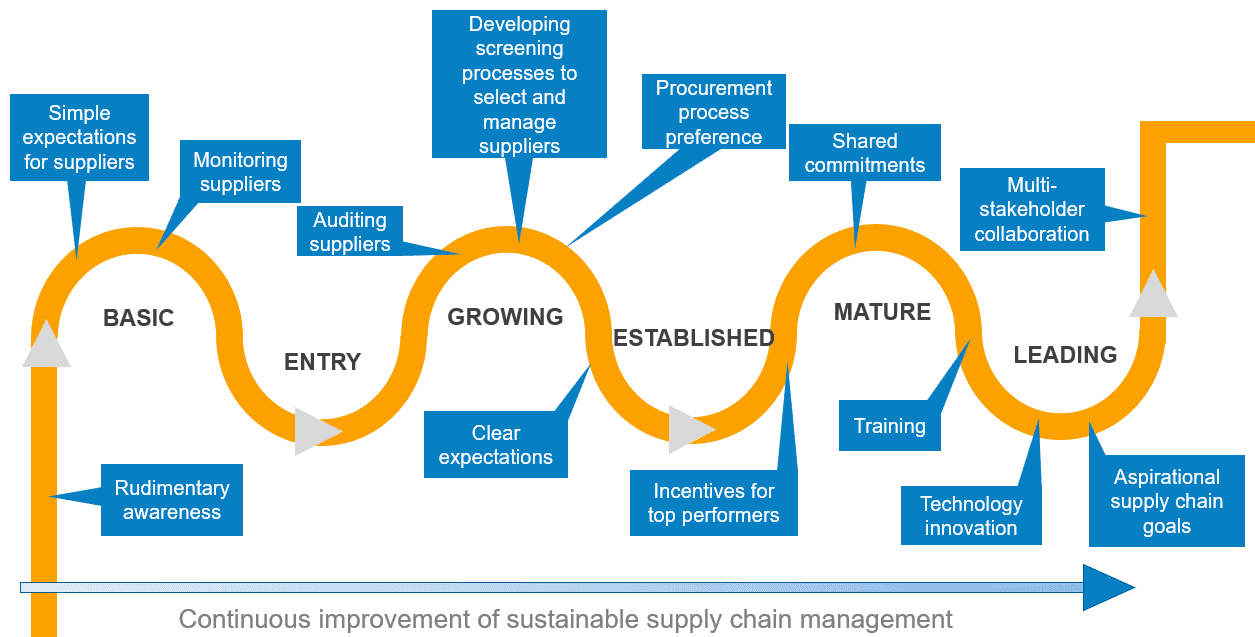
Thought
Seeing the Value in Real Estate Supply Chain Sustainability
Do the companies you partner with – your supply chain – understand your approach to ESG issues, and can work with you to meet your goals?
Supply chains can often be global, highly complex and of significant scale. Historically, technical quality, cost-effectiveness, speed of delivery and reliability has been the focus. Sustainability has now been added to the procurement and sourcing criteria because of operational, financial, regulatory and reputational risk drivers.
Real estate organisations are encouraged to embrace resiliency and responsibility in their supply chain management to adapt to externalities such as geopolitical conflicts, changing weather patterns and new legislation in areas such as modern slavery; and to improve their impacts on the workforce, local communities and the environment in the places where they develop, manage and invest. By improving ESG performance throughout their supply chains, organisations can enhance processes, save costs, uncover product innovation, achieve market differentiation and have a significant impact on society.
As organisations apply a sustainability lens to the design, development, management and marketing of their buildings and services, the inputs, construction methods, labour conditions, workforce health and safety practices, and environmental and community impacts of these processes will be under growing scrutiny.
The continuous improvement process expands supplier relationships significantly beyond auditing and monitoring, investing in training and incentivising top performers. Organisations share commitments with suppliers in order to achieve their sustainability goals. Procurement process preference is given to suppliers who can help them achieve these goals.
Leading organisations recognise that the sustainability attributes of their assets can offer market differentiation, resulting in increased lettability and stronger and long-term relationships with tenants.
They achieve competitive advantage in the supply chain through establishing meaningful, collaborative dialogue between themselves and their suppliers, alongside technology innovation, greater efficiency and supplier diversity. Suppliers are viewed as an extension of their business with a shared sustainability ethos integrated seamlessly throughout.

EVORA provides consultancy support for the development and implementation of an effective strategy to endorse sustainability within supply chains, including:
- Assessment of materiality to focus on the most pressing issues
- Development of sustainability criteria and alignment with the procurement process
- Providing training and knowledge sharing capabilities across the organisation and with suppliers
- Stretching existing sustainability goals beyond direct operations, to include tiers of the supply chain
- Advice on deploying technology to increase accountability and transparency through comprehensive supplier performance metrics
- Guiding participation in industry collaborations and initiatives to leverage buying power and influence towards supply chain sustainability
- Disclosure of supply chain information within integrated reporting, beyond stand-alone sustainability reporting mechanisms.
Contact us to speak to a member of the team.












